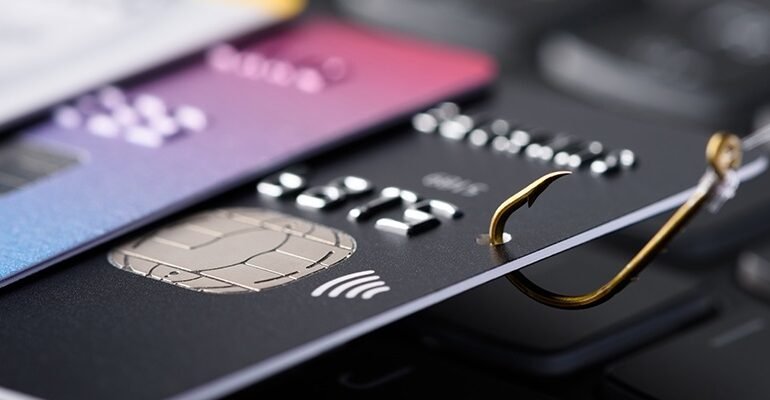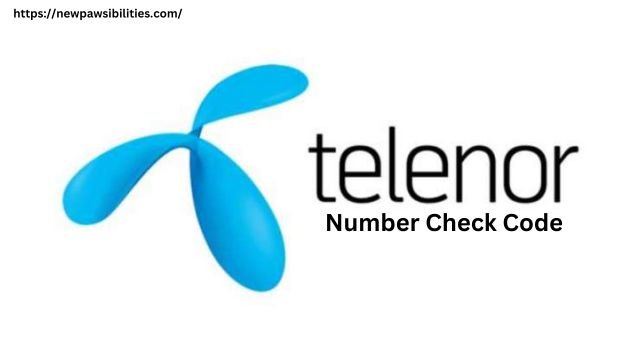Credit Card Fraud: How to Protect Yourself in the Digital Age

In today’s digital world, fraudsters are constantly finding ways to exploit unaware individuals. Credit card fraud is a significant global issue that impacts customers and card issuing authorities.
Credit Card Fraud occurs when someone makes illegal transactions with another person’s personal card information. Thus, it is essential to be aware and cautious about protecting yourself from credit card fraud.
How to Prevent Credit Card Frauds?
Credit cards have multiple security features to keep your information confidential during transactions. Always use the tools available and regularly monitor for any unusual activity.
1. Keep Your Credit Card Secure
Always keep the credit card secured where others can not access it. Keep it in a small wallet to prevent pickpockets. After every purchase, put it away because thieves can create a digital copy of the credit card using pictures taken with mobile cameras.
2. Keep Track on Your Card Transactions
Monitor your credit card transactions regularly. Set up alerts to track credit card spending. This will also allow you to update about suspicious activity and report unauthorised transactions immediately.
3. Shred Financial Documents
Financial documents such as credit card statements have the entire credit card number printed on them. Always ensure that you shred the credit card statement before disposing of it to prevent dumpster diving fraud. Cancelled and expired credit cards should also be shredded.
4. Review Your Statements Regularly
Review your credit card billing statements regularly, at least once a month. If you find unauthorised transactions, report your credit card service provider immediately. Usually, in this case, the credit card company asks you to close your account and apply for a new credit card.
5. Secure Passwords
Use strong passwords for your online accounts. A basic rule for creating strong passwords at secure websites is combining uppercase and lowercase characters and numbers.
Avoid using easily guessable information like names and birthdates. You should also memorise the password instead of noting it down on paper.
6. Use Contactless or Mobile Payments
Contactless and mobile payments allow users to operate smoothly without physically handing over or swiping the card, keeping your information secure. Additionally, these transactions occur through single-use codes rather than your account details, safeguarding your information.
7. Verify Your Online Transactions
Never click on email links asking for personal or financial information. Go directly to the official website from where you are making the purchase. You can check if there is any other website with a similar name. Always ensure the website is secured by ‘https://’ in the address bar.
8. Never Make Credit Card Details Public
Always keep yourself aware of potential threats of phishing. Credit card details, including card numbers and other sensitive information, should never be provided to anyone through phone or messages. Credit card fraudsters usually trickle ignorant users into revealing confidential information related to the credit card.
To avoid falling into their trap, never disclose any information related to the card to individuals who pose themselves as new service issuers or lucrative business providers. Additionally, be sure to memorise the PIN and change it regularly to avoid any card misuse.
Get Expert Advice From a Financial Advisor
In a technology-driven world, financial institutions should also be responsible for safeguarding you from credit card fraud. As fraudsters devise new ways to cheat people out of their hard-earned money, professionals such as expert financial advisors can stay updated regarding the prospective ways scammers use and suggest strategies to help you safeguard your finances.
A key element of financial planning is financial security. Security is not only about earning and accumulating wealth but also about safeguarding what you’ve earned. An experienced financial advisor can help you stay ahead of scammers in dealing with their tactics. Most importantly, with professional assistance, you can understand the importance of a credit card in your overall financial plan and how to utilise it to create a positive credit history.
Final Words
With the advancement in personal finance technology such as Rupay credit card and Visa credit card, life has become easier. However, a side effect is the growth of fraudsters waiting for us to make a mistake. The solution to this is to know how to identify fraud and take measures to prevent it.
Credit card protection starts with the cardholder. Every card owner needs to be aware and proactive. Card service providers usually provide quick intimation protocols, and customers must use them to inform the service providers if they notice something suspicious.












